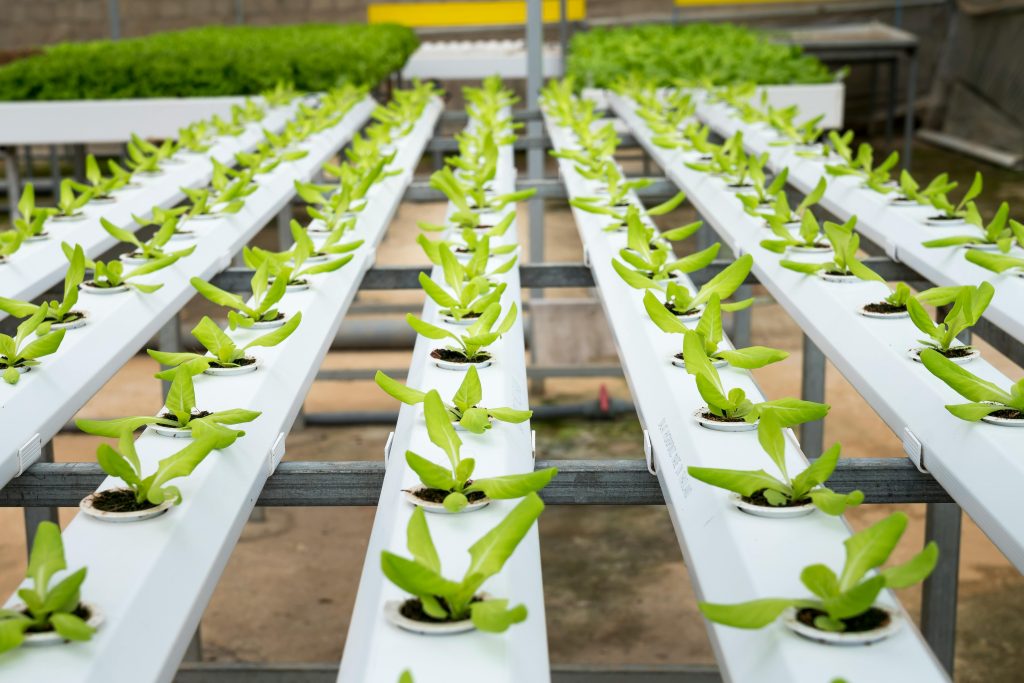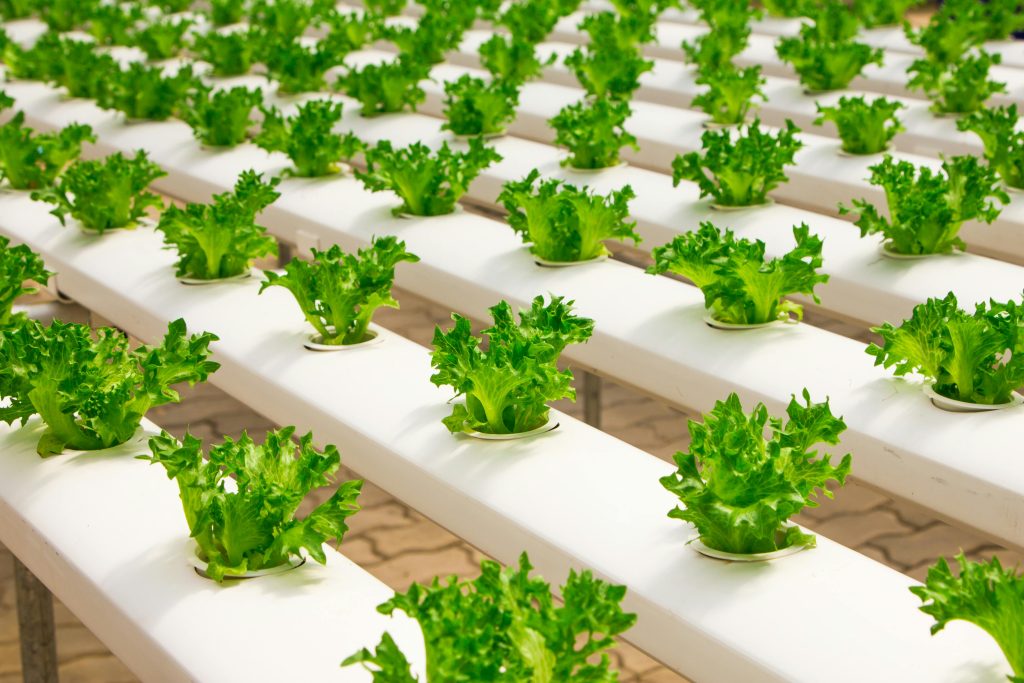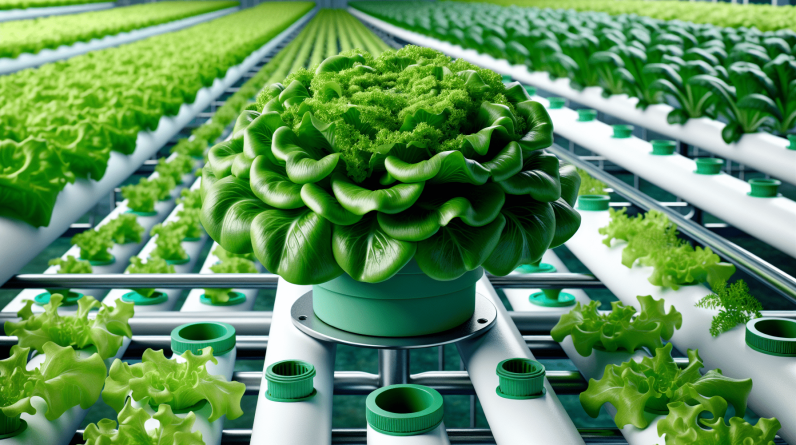
Is Hydroponic Farming the future of urban agriculture?
Understanding Hydroponics
Hydroponic farming is a method of growing plants without soil, using mineral nutrient solutions in a water solvent. It involves suspending plant roots in a nutrient-rich water solution that supplies all the essential nutrients required for plant growth. This innovative approach eliminates the need for traditional soil and allows plants to thrive in a controlled environment.
Benefits of Hydroponic Farming
Hydroponic growing systems offer a plethora of benefits that make them an attractive option for urban agriculture. You can grow your favorite fruits and vegetables year-round, regardless of the external weather conditions. The controlled environment of hydroponic systems allows for faster plant growth and increased yields, providing you with a fresh and abundant harvest.

This image is property of images.pexels.com.
Water Conservation
One of the significant advantages of hydroponic farming is its water conservation capabilities. This method uses up to 90% less water than traditional soil gardening, making it an environmentally friendly choice. By circulating the water through the system, the plants can absorb the necessary nutrients, reducing water wastage and ensuring efficient water use.
Nutrient-Rich Solutions
Hydroponic systems deliver nutrient-rich solutions directly to the plant roots, ensuring optimal nutrient uptake. This method allows for precise control over the nutrient levels, pH balance, and oxygenation of the water, promoting healthier plant growth. By providing plants with the essential nutrients they need, hydroponic farming produces high-quality crops with minimal nutrient loss.

This image is property of images.pexels.com.
Pest and Disease Management
Hydroponic farming reduces the risk of soil-borne diseases and pests that often plague traditional gardening methods. By eliminating soil from the equation, hydroponic systems offer a cleaner and more sterile growing environment for plants. This results in healthier crops with fewer disease-related issues, reducing the need for chemical pesticides and creating a more sustainable approach to agriculture.
Efficient Use of Space
Urban agriculture faces the challenge of limited space, making hydroponic farming an ideal solution for maximizing space efficiency. Hydroponic systems can be set up vertically or horizontally, allowing you to grow a significant amount of produce in a small area. Whether you have a balcony, rooftop, or indoor space, hydroponic farming offers a versatile and space-saving method for urban gardening.

This image is property of images.pexels.com.
Year-Round Cultivation
Traditional farming is often limited by seasonal changes and adverse weather conditions, hindering the continuous growth of crops. In contrast, hydroponic farming enables year-round cultivation, providing a consistent and reliable food source regardless of the season. By controlling the indoor environment, you can optimize plant growth and harvest fresh produce throughout the year.
Sustainability
Hydroponic farming is recognized for its sustainability and eco-friendly practices that benefit both the environment and the community. By conserving water, minimizing chemical inputs, and reducing soil erosion, hydroponic systems promote a more sustainable approach to agriculture. The efficient use of resources and minimal wastage make hydroponic farming a viable solution for sustainable urban food production.
Cost-Effectiveness
While the initial setup costs of hydroponic systems may seem daunting, the long-term benefits outweigh the investment. With increased yields, reduced water usage, and fewer expenses on pesticides and fertilizers, hydroponic farming can be a cost-effective option for urban agriculture. By producing higher-quality crops with lower maintenance costs, you can enjoy the economic advantages of hydroponic farming in the long run.
Accessibility
Hydroponic farming offers accessibility to fresh, locally grown produce in urban areas where space is limited. By setting up hydroponic systems in homes, schools, community centers, or commercial buildings, you can access nutritious crops without relying on traditional agricultural practices. This accessibility encourages a healthier lifestyle and fosters community engagement through urban agriculture initiatives.
Conclusion
In conclusion, hydroponic farming holds immense potential as the future of urban agriculture. With its numerous benefits, including water conservation, disease management, space efficiency, and sustainability, hydroponic systems offer a viable solution to the challenges of traditional farming in urban environments. By embracing hydroponics, you can experience the advantages of fresh, nutritious crops year-round while contributing to a more sustainable and eco-friendly food production system. Embrace the future of urban agriculture with hydroponic farming and enjoy the bountiful harvests it has to offer.










